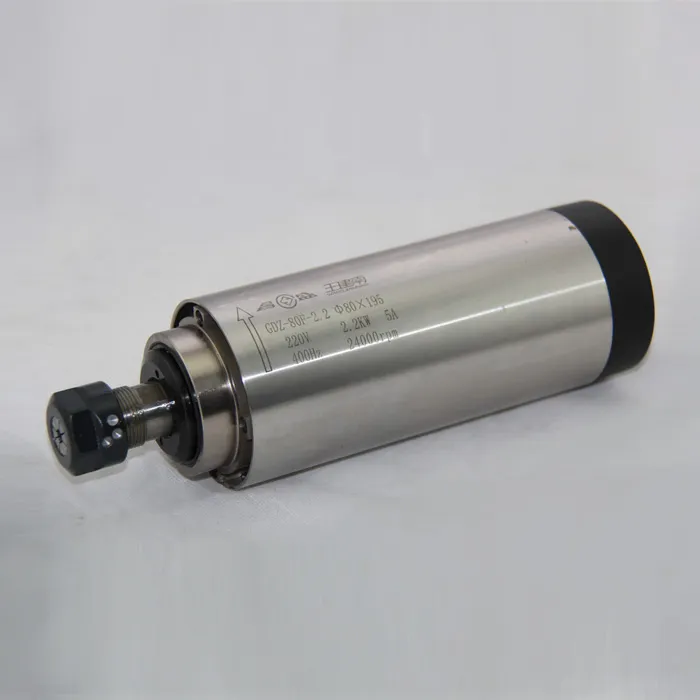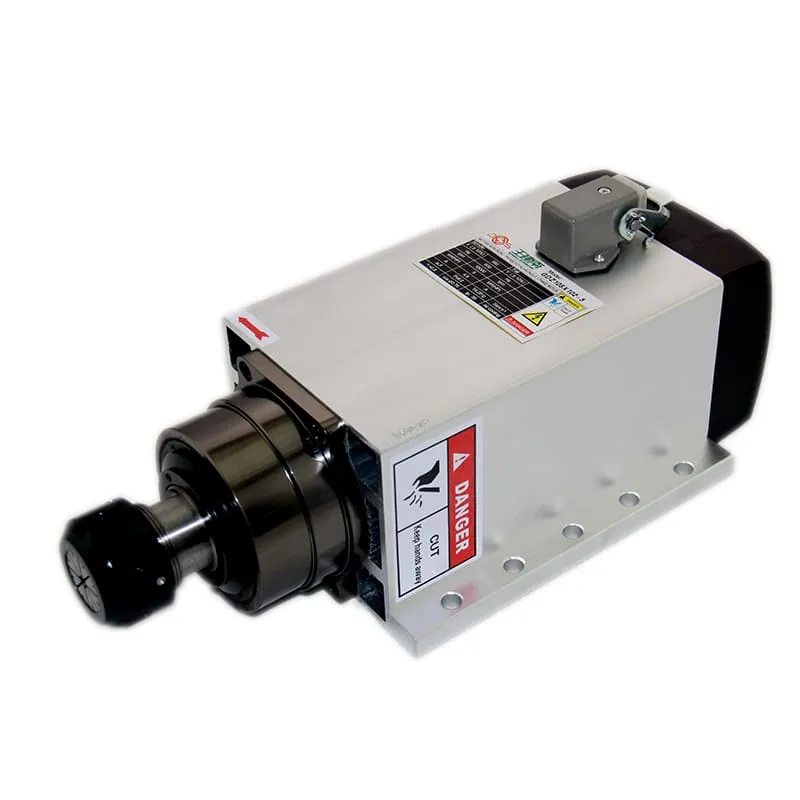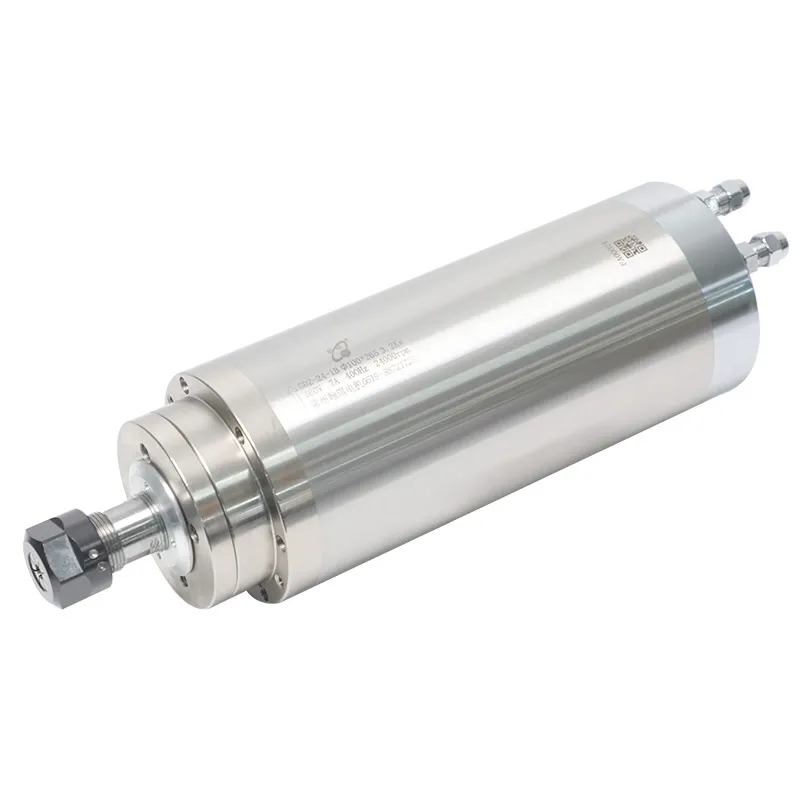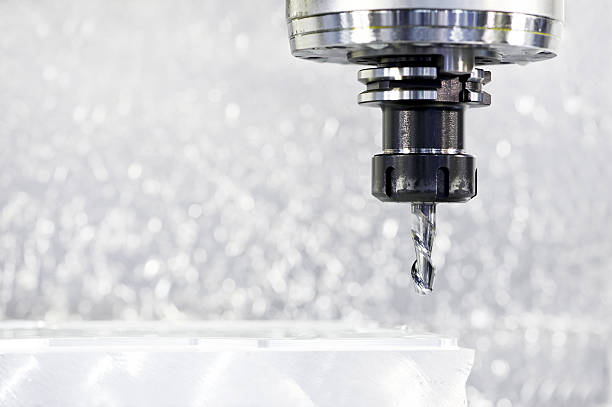A CNC machinist is a skilled worker responsible for the operation of CNC (Computer Numerical Control) machines, which are essential for manufacturing precision components used across industries. With industries like automotive, aerospace, and medical devices relying heavily on CNC machining, the role of a CNC machinist has become more crucial than ever. But how much do CNC machinists make? Let’s explore the factors affecting CNC machinist salaries, the average pay across different regions, and what you can expect if you decide to pursue a career in this rewarding field.
Understanding the Role of a CNC Machinist
Before delving into salary specifics, it’s important to understand what a CNC machinist does. A CNC machinist sets up, programs, and operates CNC machines, ensuring that each part produced meets precise specifications. The role requires technical know-how, attention to detail, and problem-solving skills.
- Programming and Setup: CNC machinists often work with G-code and M-code to program machines, ensuring they operate effectively. They are also responsible for setting up the machine, selecting the correct tools, and inputting all necessary parameters to make precision parts.
- Operating and Monitoring: Once the machine is programmed and set up, machinists are in charge of monitoring the production process, ensuring everything runs smoothly, and making adjustments as needed.
- Maintenance: CNC machinists also perform routine maintenance to keep machines running in optimal condition.
The job of a CNC machinist requires both technical skills and hands-on experience, which means that their salary often reflects the skills and expertise they bring to the role.
Average CNC Machinist Salaries
The salary of a CNC machinist can vary significantly based on several factors, including geographic location, level of experience, industry, and the complexity of the job. Let’s break down the average salaries in some key areas.
| Region | Average Salary ($/year) | Factors Affecting Salary |
|---|---|---|
| United States | $45,000 – $60,000 | Experience, certifications, industry |
| Canada | $40,000 – $55,000 | Regional demand, industry specialization |
| United Kingdom | £30,000 – £40,000 | Skill level, type of manufacturing |
| Australia | AUD 55,000 – 70,000 | Local manufacturing growth |
| Germany | €38,000 – €50,000 | Complexity of tasks, industrial sectors |
It is important to note that salaries can vary widely even within the same country. For instance, a CNC machinist working in an industrial hub such as Detroit or Houston might earn more than someone working in a smaller town due to the high demand for skilled machinists in these areas.

Image Credit: 2.2KW ER20 Air-Cooled Spindle
Factors That Influence CNC Machinist Salaries
1. Experience Level
The level of experience plays a significant role in determining how much a CNC machinist earns. Entry-level machinists typically start at a lower salary, but as they gain experience and certifications, their earning potential grows.
- Entry-Level CNC Machinists: Typically earn between $35,000 – $45,000 annually. These machinists are often recent graduates of a vocational school or technical college and have limited hands-on experience.
- Mid-Level CNC Machinists: With 3-5 years of experience, they can expect to make $45,000 – $55,000 annually. These machinists have a more solid grasp of CNC programming, setup, and troubleshooting.
- Senior CNC Machinists: With over 5-10 years of experience, senior machinists can command $60,000 or more. They often have advanced skills, including multi-axis machining and extensive knowledge of materials and tooling.
2. Certifications and Skills
Certifications can also have a significant impact on a CNC machinist’s salary. Earning certifications like NIMS (National Institute for Metalworking Skills) can make a machinist more desirable to employers and justify a higher wage. Skills such as multi-axis machining, CAD/CAM programming, and complex troubleshooting can also boost salaries.
3. Industry and Sector
The industry in which a CNC machinist works greatly affects their earning potential. Some of the top industries employing CNC machinists include:
- Aerospace and Defense: High demand for precision parts leads to higher salaries.
- Medical Devices: Requires extremely accurate components, and CNC machinists with the ability to meet these demands often receive a premium.
- Automotive Manufacturing: Mass production in automotive industries may not pay as much as aerospace, but experienced machinists can still earn a good living.
Working in sectors requiring high precision or unique materials often leads to increased compensation due to the specialized nature of the work.

Image Credit: 24000RPM 1.5KW ER11 Water-Cooled Spindle
Benefits and Perks for CNC Machinists
In addition to the base salary, CNC machinists often enjoy several benefits and perks that contribute to their overall compensation. These may include:
- Health Insurance: Many employers offer comprehensive health, dental, and vision insurance.
- Retirement Plans: CNC machinists may have access to 401(k) plans, some with employer matching.
- Paid Time Off: Most full-time CNC machinists receive paid holidays, vacation time, and sick leave.
- Overtime Pay: Overtime is a significant contributor to CNC machinist earnings, especially in industries with high production demands.
Some employers also provide tuition reimbursement programs, allowing machinists to further their education and skills, thus increasing their earning potential.
Top Industries for CNC Machinists
1. Medical Device Manufacturing
Medical devices require parts made to the highest standards of precision. CNC machinists in this field can expect to earn higher-than-average salaries due to the critical nature of the components they are producing. The precision and quality standards in the medical industry make it a rewarding but challenging field for CNC machinists.
2. Aerospace and Defense
In aerospace and defense, CNC machinists create complex parts used in aircraft, satellites, and military equipment. Because of the precision required and the demanding quality standards, machinists in this industry are typically well-compensated. CNC machinists who excel in multi-axis machining and complex setups are particularly sought after in aerospace.
3. Automotive Manufacturing
While automotive CNC machining may not pay as well as aerospace, it still offers a competitive salary and the benefit of stable, ongoing work. The industry relies on CNC machinists to produce parts like engine blocks, gear components, and suspension parts that must meet strict safety and quality guidelines.

Image Credit: 24000RPM 3.2KW ER20 Water-Cooled Spindle
How to Increase Your Salary as a CNC Machinist
If you are a CNC machinist looking to increase your earnings, consider the following strategies:
- Get Certified: Obtaining certifications like NIMS can help you stand out to employers and justify higher pay.
- Learn Multi-Axis Machining: Experience with 4-axis and 5-axis CNC machines can open up higher-paying job opportunities, especially in aerospace and medical device manufacturing.
- Pursue Leadership Roles: With experience, you could move into supervisory or training roles, which generally come with a salary increase.
- Specialize in High-Demand Sectors: Target industries like aerospace or medical devices, where the demand for precision and quality can lead to higher wages.
FAQs
1. How much do CNC machinists make per hour?
The hourly wage for CNC machinists ranges between $18 to $30 per hour, depending on experience, industry, and geographic location. Senior machinists with specialized skills can earn even more.
2. What certifications are beneficial for CNC machinists?
Certifications from the National Institute for Metalworking Skills (NIMS) are highly valued. Additionally, expertise in CAD/CAM software and multi-axis machining can increase your earning potential.
3. Does location affect a CNC machinist’s salary?
Yes, CNC machinists in industrial areas or major cities often earn higher wages compared to those in rural areas due to greater demand for skilled labor.
4. Are there opportunities for career growth as a CNC machinist?
Absolutely. CNC machinists can advance to become CNC programmers, quality control inspectors, or manufacturing engineers, all of which come with increased responsibilities and higher pay.
5. Do CNC machinists receive benefits?
Yes, most CNC machinists receive benefits such as health insurance, retirement plans, and paid time off. Many employers also offer overtime pay, which can significantly boost overall earnings.
Conclusion
CNC machinists play a crucial role in the modern manufacturing industry, helping to produce precise components for a wide range of applications. Salaries for CNC machinists can vary based on factors like experience, certifications, industry, and geographic location. By gaining experience, obtaining certifications, and targeting high-demand industries, CNC machinists can significantly increase their earning potential. The role not only offers competitive wages but also provides job satisfaction and a clear career path for advancement. If you are interested in pursuing a career as a CNC machinist, it’s a field with plenty of opportunities for growth and financial reward.
For more information on CNC spindles and related products, visit spindlemotorshop.com to explore the tools that can help you succeed in the machining industry.

